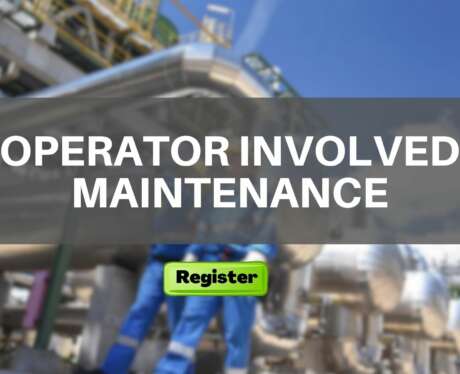Course Duration: 4 days | Time: 9am to 1pm | Course Locations: VILT, Lagos, Houston, Bali
Course Description
The course will comprise the following modules. Each module will comprise presentation material, examples, and participation in case studies.
1.Definition and Scope of Flow Assurance Flow Assurance design elements for oil and gas production and transportation systems Physics/Science of flow assurance and production chemistry Onshore, offshore, subsea, and deep water production/completion environments Pressure-temperature path from reservoir to processing to export Multiphase thermal-hydraulics issues Production chemistry & solids issues Design solutions Operational strategies (prevention & remediation) Systems engineering considerations Fluid Characterization and Fluid related Issues Causes of blockage – hydrates, wax, scale, asphaltenes, napthenates How to manage causes of blockage – engineering and chemical solutions Corrosion, and how to manage – material selection or chemical solution Obtaining fluid samples, and undertaking laboratory analysis, to assess risk of fluid related issues occurring in the expected pressure-temperature envelope
3.Multiphase Flow and Flow related Issues a)Multiphase flow regimes and their characteristics Multiphase flow concepts Definition and importance of multiphase flow Flow pattern characteristics (behavior & basic types) Slip and liquid holdup 2-phase vs. 3-phase flow Overview of governing equations for multiphase flow Modeling approaches b) Thermal-Hydraulics: Changes in pressure and temperature – Slugging, Surge and liquid handling c) Erosion, Sand deposition 4. Flow Impedance : Surveillance, Diagnosis and Mitigation a)Blockage due to solid deposition Paraffin Hydrates Asphaltenes Sand Scale Precipitants due to fluid/chemical incompatibility b) Liquid Slugs/Gas Surges c) Emulsions d) Foaming e) Loss of System Integrity Corrosion Erosion
5. Flow Assurance Issues during Production Operations and Management Strategies a)Transient Operations Shutdowns (Planned or Unplanned) Restarts/Shutdowns (Rate change) Rate Change (increasing or decreasing) Pigging b) Late Life Production Pressure drop (increased liquids hold-up) Liquid Hold-up (opex – glycol) Terrain slugging c) Surveillance for Flow Assurance
6. Field Development Project Design from Flow Assurance Perspective Differences between Greenfield and Brownfield projects Balance between managing flow assurance risks, ease of intervention, and CAPEX Location, capacity and economics of processing facilities Flow line sizing, configuration and layout, and setting overall field production capacity Specification of chemical injection system configuration Additional instrumentation and monitoring Start-up plan
7. Summary of Key Points & Wrap-up Participants presentation and feedbacks Class exercises
Flow Assurance Overview
$1,750
Additional information
| Time |
November 22nd – December 3rd, August 13th – August 26th |
|---|





